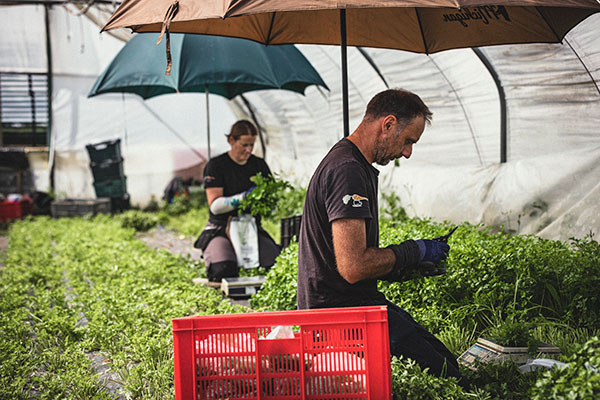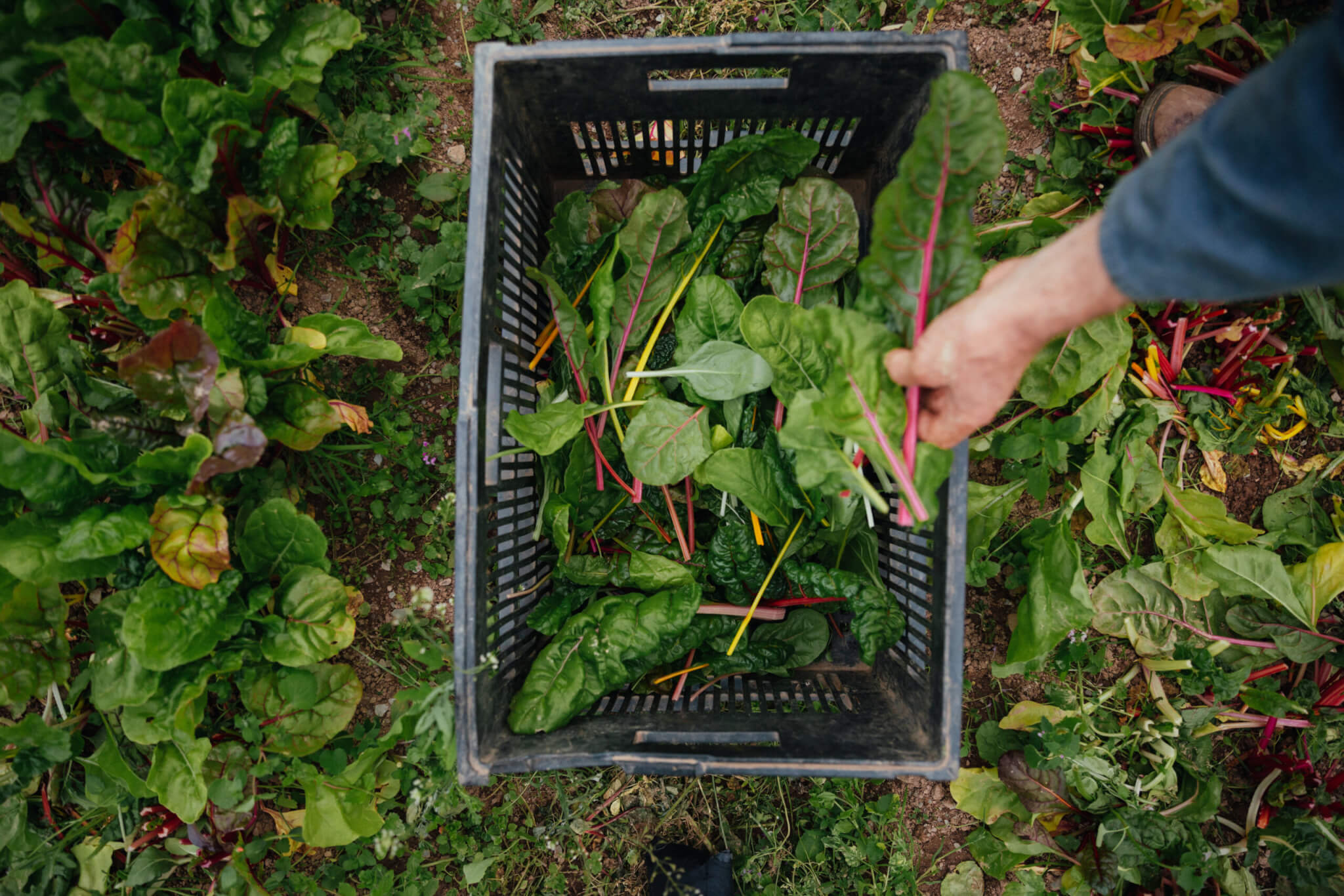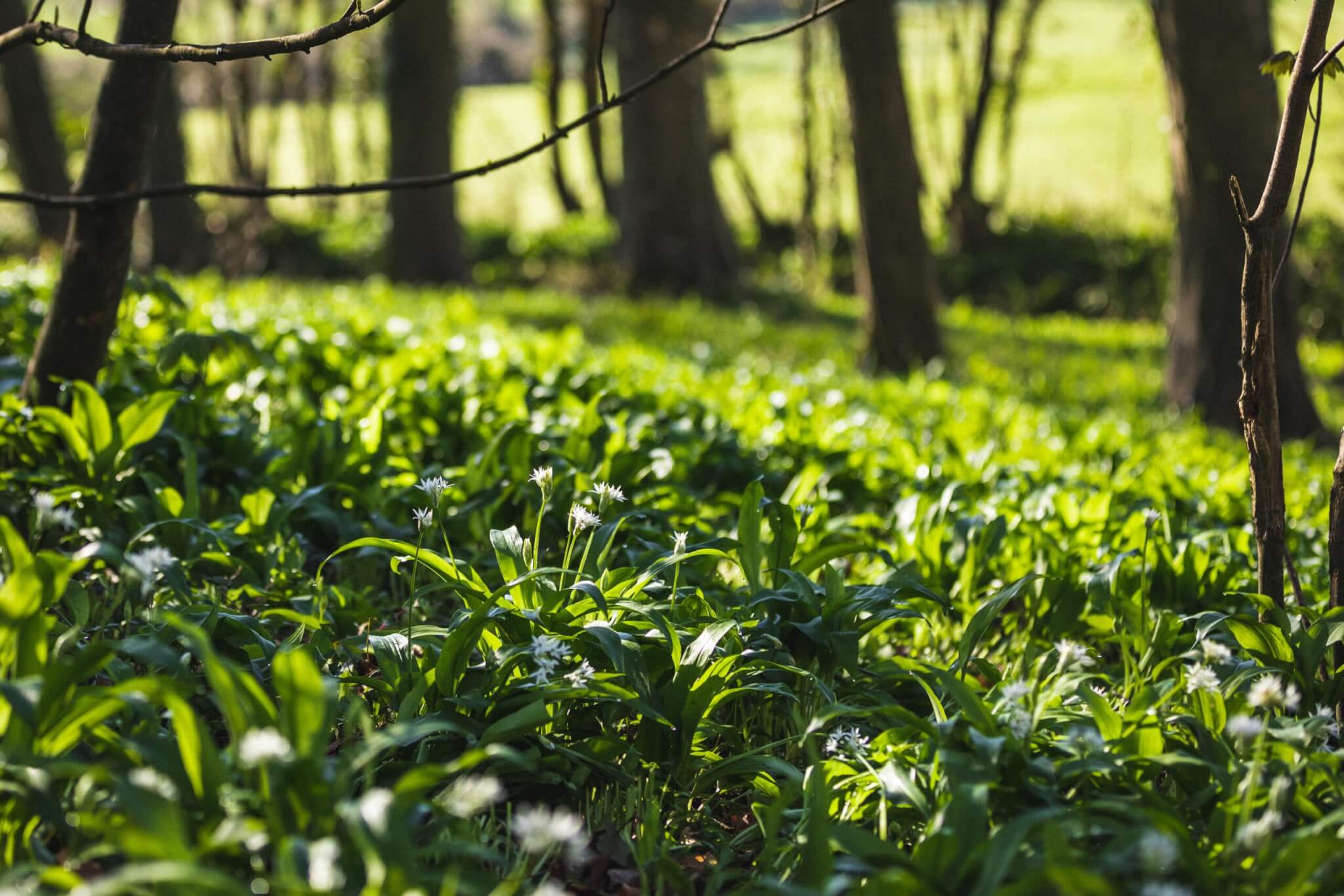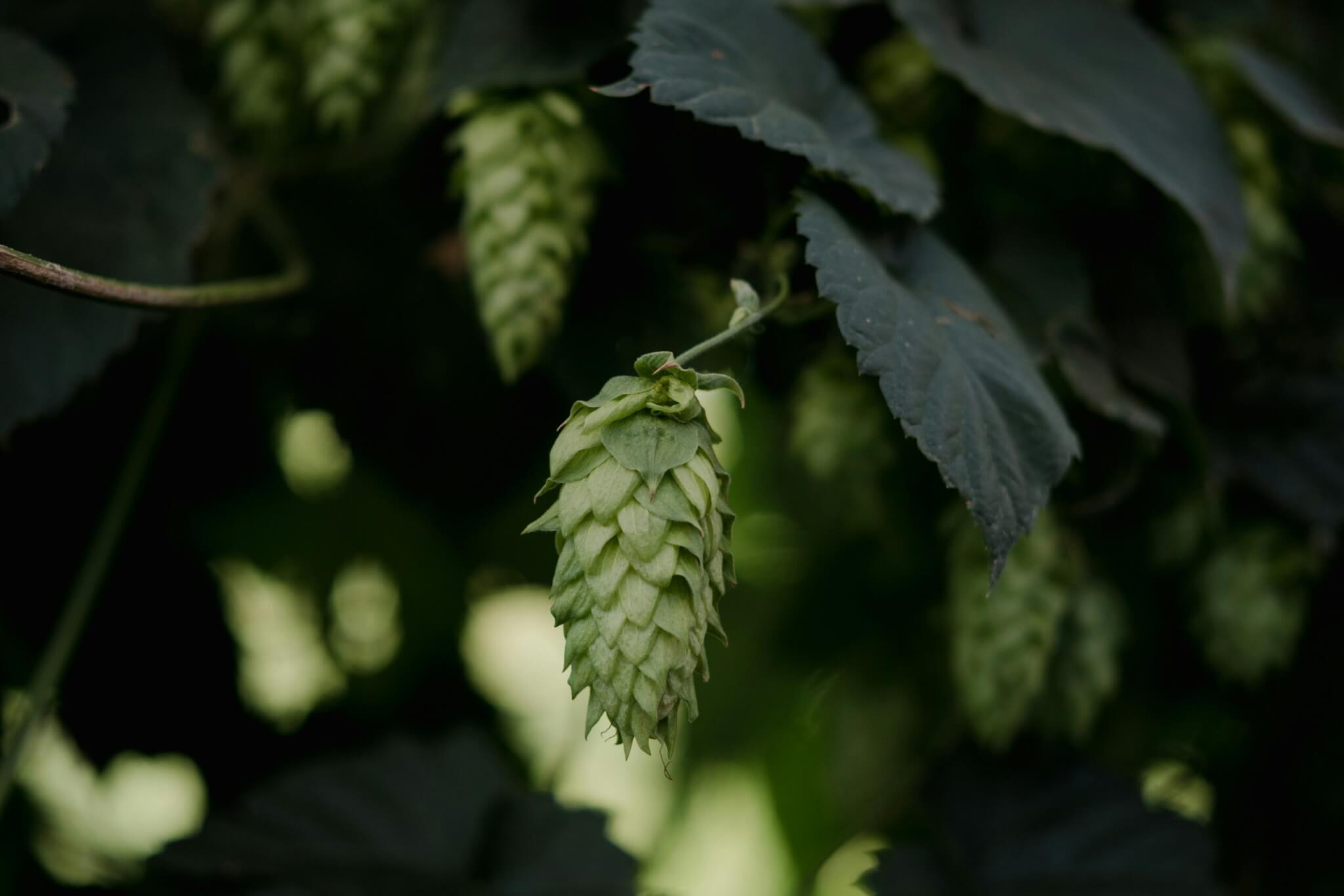This month, on 20th February, is my tenth Riverford birthday; ten years since I started as a grower at our farm in Hampshire, Riverford on Upper Norton Farm. It’s been something of a chilly celebration so far – this past week it’s reached minus four degrees, with a hard frost outside the polytunnels where we’ve been trying to plant 18,000 Butterhead lettuces, ready to harvest in April.
I’ve been involved in organic farming and food production for almost 24 years now, and knew about Riverford many years before actually joining. I’d heard about this bloke in Devon taking on GMO companies (Guy went to court in 1998 to try to prevent genetically modified corn being trialled in fields beside our Devon farm). Little did I know that one day I’d meet and work for him.
Early on, I was aware that Riverford supported small producers who often struggle to make ends meet, unable to get enough local sales but not big enough to supply the all-demanding supermarkets. Riverford would recognise a good product from a good producer and say ‘We’ll take whatever you can produce.’ Upper Norton Farm is now part of the Riverford family. Based in Hampshire on four acres, with half an acre covered with polytunnels, there are just two of us as permanent workers, relying on students and agency staff in the summer to help out.

We grow a huge range of salad and herb crops, from Butterhead lettuce and pak choi to chillies, parsley, chives, sorrel, rosemary, thyme, basil and more. Over the years, we’ve worked hard to improve the soil as much as we can, as only a spade’s depth down is pretty solid chalk mixed with what we call ‘Hampshire diamonds’, also known as flint. What’s good about the land is it’s free draining, which works well for the herbs as a lot of them originate from the Mediterranean.
All planting and harvesting are done by hand, on hands and knees. Once picked, the produce is packed, labelled and put in the walk-in fridge as soon as possible. In 2019, we cut and bagged over 125,000 bags of herbs, 1,200 kg of chillies and 30,000 lettuces. Small scale in the scheme of things, but from just a handful of people it feels like quite an achievement! I’m looking forward to all the next ten years may bring.













I’m Hampshire born and bred and my grandfather used to call flints ‘Hampshire oysters’ as they were such useful building materials.